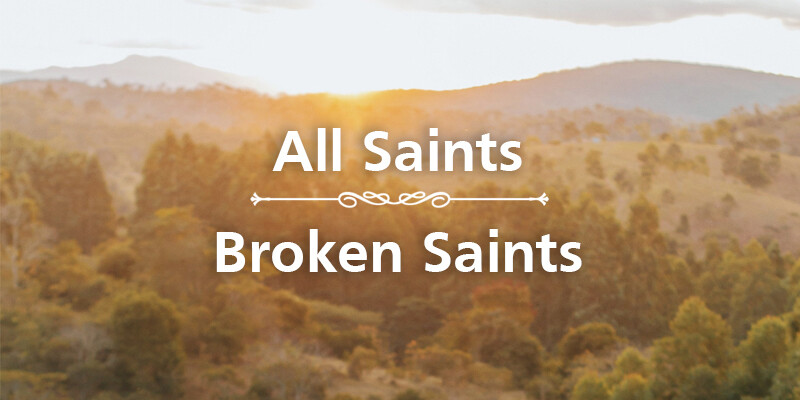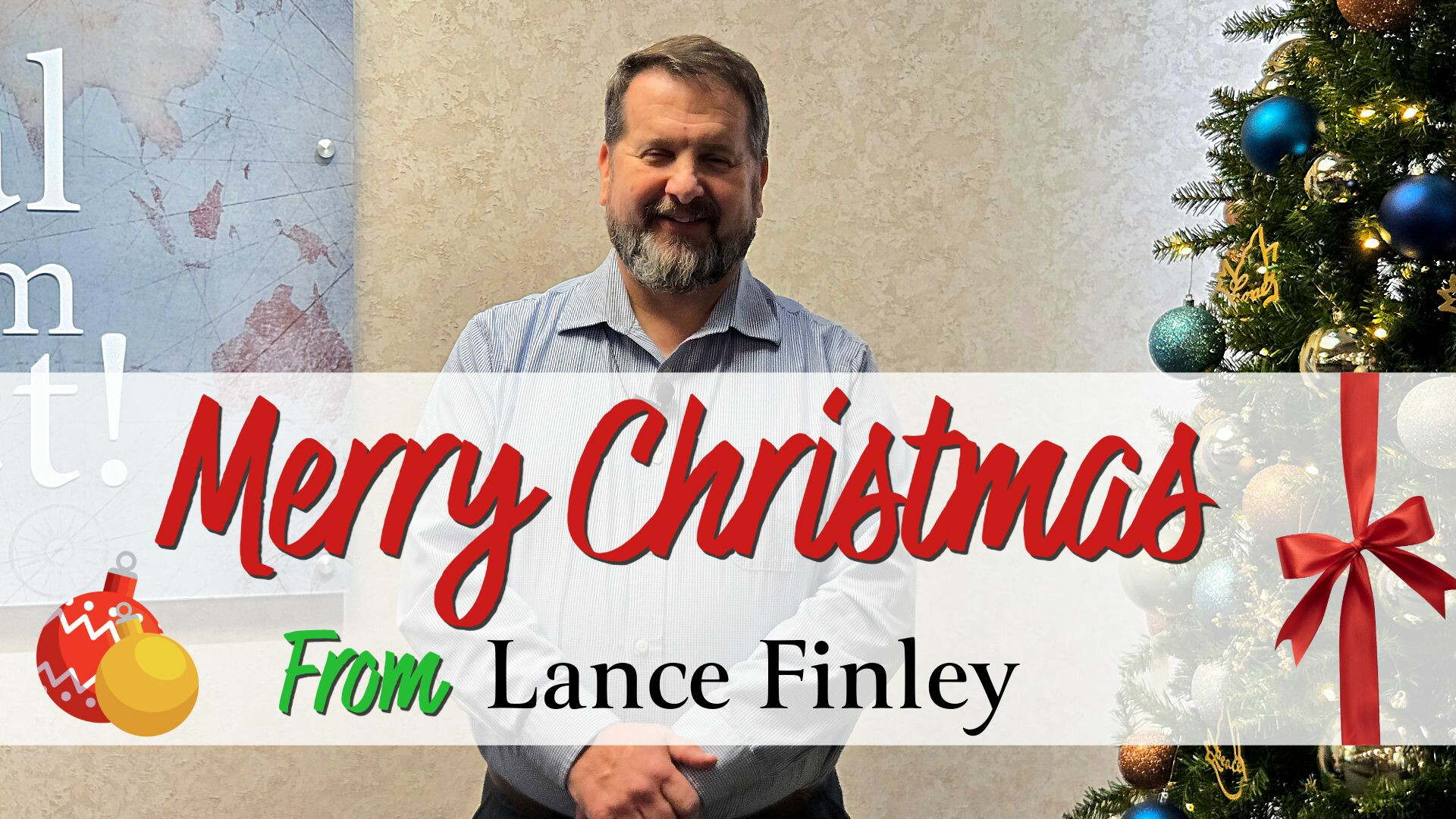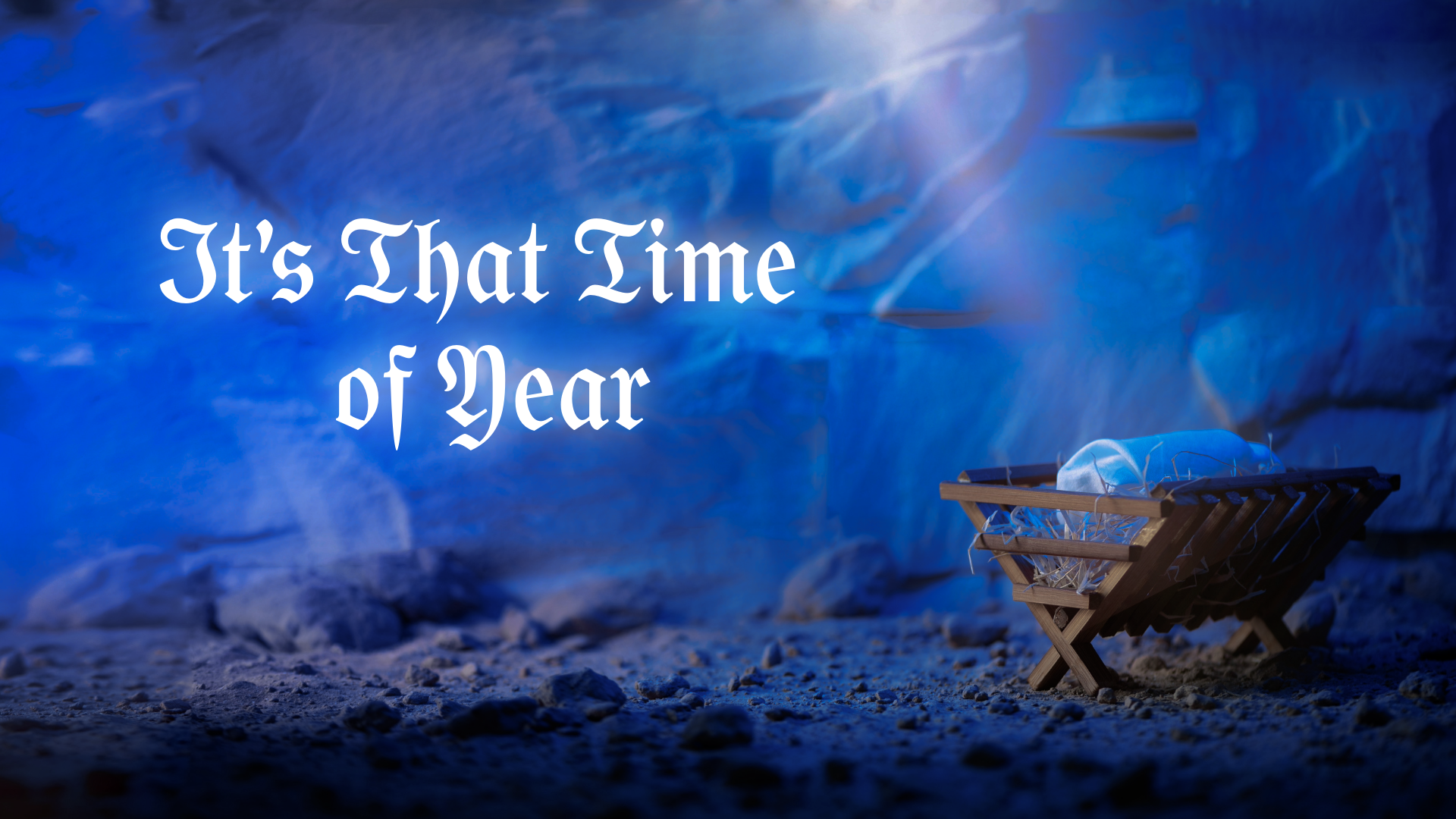
All Saints Day was last week, on November 1st. The church I attend honored and celebrated the life of those church members who had passed away in the last year. Our church is big enough and segmented enough with its multiple services that there are many people who I just haven’t seen in a little while. I was hit with a sudden pang of shock when a couple of their faces flashed up on the screen. My mouth hung open for just a moment as I reconciled the fact. Then I leaned over to my wife and said, “I just saw her at Easter service.” The shock was quickly followed by guilt. It was a ridiculous statement. Easter was months ago.
More faces came up on the screen, and each one was a very nice photograph. All of them were elderly people, and all of them held a certain dignity with their poise in front of the camera. They looked, I imagine, exactly the way we wanted to remember them in our minds. Literally and figuratively picturesque. And something about that didn’t feel right to me.
As the service went on, our pastor started into the next part of his sermon series on “A Legacy of Faith.” A series which explores the people who brought us to faith in our pasts, and the faith legacy we want to produce and leave behind in the future. It’s a great sermon idea and almost perfectly planned around All Saints Day, where the legacy of the faithful was already at the forefront of our minds. Despite that, I have to admit, I was struggling to pay attention. I struggled to pay attention during the worship, and I was struggling to hold my focus during the message too. I wasn’t distracted by my phone or by other disparate thoughts. No, my mind simply had not left the faces from before. Seeing them had knocked something loose in my mind that I hadn’t thought of in a while. It was a dark and painful memory, closely tied with my own legacy of faith.
I was thinking about the pastor of my childhood, Pastor Rob. Pastor Rob was an imposing but jovial man. He was charismatic and the sheer depth of his biblical knowledge was truly immense. His sermons were always too long, and he knew it, but he had a lot to share. For the majority of my life he held a place in my mind as “the man of faith.” I don’t think I ever idolized him, but I certainly believed and trusted him. What I’m trying to say is, I wouldn’t be in ministry without his push and guidance, and so he is foundational to my own faith journey. I am a part of his legacy of faith.
The last time I spoke to him was a formative time in my own life. I was half-way through seminary, and already I was doubting whether or not traditional ministry would be the path for me. My experiences in church, Pastor Rob’s church, had affirmed in me that there was some call on my life, but I was also growing more critical of traditional ministry, and my place in it. In May of 2019, Pastor Rob called me, unexpectedly. It was unexpected because he almost never called me. Our interactions were exclusively at the church. It was doubly unexpected when he told me that he was calling for advice. He was struggling with some self-doubt, and vague theological issues. He had asked me to preach multiple times that spring. He even missed Easter Sunday. He walked into the church but left before service started. He left in tears.
I was happy to help however I could, but when he explained that he was questioning his own salvation, I was taken aback. His fidelity had always been so fierce. I didn’t understand, but I pressed on anyway. I encouraged him that talking about this kind of stuff was healthy, and I was grateful. I had been struggling with my own faith for a long time, and I didn’t feel like anyone really understood. Hearing him communicate similar, if not identical, struggles, was cathartic. But the conversation didn’t go the way I wanted it to go. He seemed in a hurry, and it was like my words couldn’t bridge the gap that had formed between us. He ended the call soon after.
It was a week, maybe two weeks, later that I received another unexpected phone call. This one from my mother. She told me through a quivering voice and with difficult words that Pastor Rob had died. I doubled over immediately. My body felt unnatural to me and I couldn’t figure out what to do or say. I just covered my mouth and paced around my daughter’s bedroom. “Maybe it was a heart attack,” my mother postulated softly. She hoped, as I did too, that it wasn’t what we feared. It was exactly what we all feared.
Pastor Rob had taken his own life and the act that shattered his body also shattered a family, and a church, and I know it’s not about me, but it almost certainly snuffed out whatever flicker of a flame was left in me for pastoral ministry.
At the Celebration of Life Ceremony, the family stressed that Pastor Rob’s legacy would not rest in his final act, but in the long course of his life and dedication to Jesus. The darkness of his tragic death would not eclipse the brightness of his life. I hope and I pray that this is true, but I can humbly testify that I am someone who was heavily influenced by both Pastor Rob’s life and his death.
Pushing aside the guilt of our last conversation, his death sprouted in me an immediate and deep pessimism for ministry. I was self-aware enough to realize it was happening, and I’ve pushed back against it every day. I even took a position as an interim pastor for almost a full year, knowing well that I had no desire to be a pastor. Selfishly, I wanted to prove to God that I had tried. I imagined standing before God, being probed about why I hadn’t followed through with being a pastor. I hoped that my thinly veiled effort might placate Him. Regardless, the weight of ministry has felt so profoundly heavy since his passing. It demarcates a thick line. My life is separated by the time before Pastor Rob died, and the time after. And while that sounds terribly bleak, let me share also what has come out of that.
After his death I care more about the health and wellness of our pastors. I care deeply that they are taken care of, that they are getting the resources that they need, and that they are finding community to share their burdens in. Ministry can be isolating for both the pastor and their family, and part of my job here at the denomination is certainly telling the stories of pastors who have struggled through ministry alone.
And on the other hand, I now take ministry deathly seriously. I have less patience than ever for pastors who don’t understand the true weight of their role, and I am entirely suspicious of pastors who make it seem as if ministry is either easy or glorious. In particular, church leadership that wields authority like a cudgel or who abuse their power for their own gain are an anathema to me. Matthew 23, Jesus’s fierce rebuttal of the pharisaical cult and their repressive façade, has become one of my favorite chapters in all of Scripture. Even here I recognize a need for more grace in my life.
Some, probably all, of our Saints won’t leave “dignified” legacies. Though they might leave human legacies that bear all the marks of the messiness of human life. The snapshot of their life doesn’t really reflect the reality. That’s okay. As I closely examine the legacy I’ve been grafted into, there are parts of the story I would rather not tell, and parts that, God help me, I have tried to suppress. But in coming to terms with the failures of my spiritual heroes and mentors, I continue to learn and grow, and also, God help me still, I’ll carve a path ever so slightly closer, truer, and straighter toward my forebears’ own goals and aims. Those behind me, those with me, and one day those ahead of me, together, we all march toward Jesus Christ.
For privacy and anonymity, Pastor Rob is a pseudonym.
CGGC eNews—Vol. 16, No. 45





Login To Leave Comment